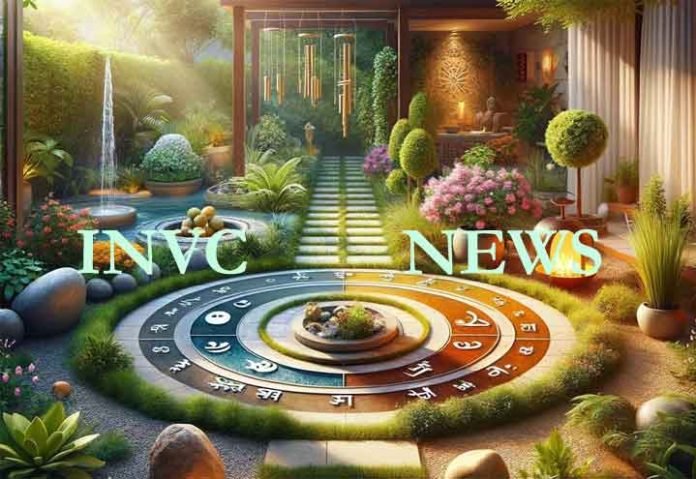Discover how Vastu Shastra can influence your home’s harmony with our guide on plants. Learn which trees to avoid for maintaining prosperity and which foliage can boost positive energy and financial growth in your household.
Understanding the Influence of Plant Choices on Domestic Harmony: Insights from Vastu Shastra
In the realm of Vastu Shastra, the ancient Indian science of architecture and space arrangement, the selection of flora for your home is not merely a matter of aesthetics but one of energy alignment and spiritual balance. It is said that every plant emits a distinct type of energy, influencing the well-being and fortune of the household. While a verdant, thriving garden is a source of joy and vitality, the scriptures caution against the planting of certain trees and flora that can potentially disrupt the tranquility and prosperity of your abode.
The Thorny Issue of Thorny Plants
One of the fundamental teachings of Vastu Shastra is the avoidance of thorny plants within the house’s precincts. Plants such as roses, cacti, and acacias are believed to introduce a prickly energy that may fray the bonds of those residing within, leading to a decrease in attachment and warmth in relationships. The sharpness of thorns is seen as a symbol of discord and thus, is advised against in the nurturing environment of a home.
Dry Trees: Harbingers of Ill Fortune
The presence of a dry or withered tree on your property is considered an ominous sign in Vastu Shastra. Such trees are thought to reflect stagnation and decay, impacting the flow of positive energy and possibly heralding a sudden downturn in the household’s luck. The removal of these lifeless trees is recommended to rejuvenate the home’s energy and restore the cycle of good fortune.
The Mehndi Tree: A Paradox of Benefits and Vastu
Despite its myriad medicinal and cultural benefits, the Mehndi or Henna tree is another plant that is advised against in residential Vastu. While it holds a place of reverence in various traditions for its healing properties, in the context of Vastu, it is deemed inauspicious and its presence in the home is believed to counteract the positive vibrations essential for peace and prosperity.
Bonsai Trees: Stunted Growth, Stunted Success
The art of Bonsai, while aesthetically pleasing, is considered counterproductive in Vastu Shastra. The stunting of a tree’s natural growth is symbolic of hindered progress and can manifest as obstacles in personal endeavors and professional pursuits. Keeping a Bonsai tree within the home is thus believed to block pathways to success, making it an unsuitable choice for those seeking harmony and advancement.
The Tamarind Tree: A Source of Negative Energy
Among the trees to avoid, the tamarind tree stands out in Vastu Shastra for its strong association with negative energy. Its placement in the domestic space is strictly discouraged, as it is believed to emanate vibrations that can induce negative feelings and lead to troublesome circumstances. Steering clear of planting a tamarind tree in your home is strongly recommended to maintain the sanctity and positivity of your living space.
The Money Plant: A Symbol of Prosperity
In contrast, the Money plant is embraced in Vastu for its ability to attract prosperity. Its lush greenery and propensity to grow are seen as signs of wealth and abundance. Placing a Money plant in the home is believed to stimulate financial growth and bring about an aura of success and good fortune.
The Morpankhi Plant: An Emblem of Prosperity
Similarly, the Morpankhi plant, with its peacock feather-like leaves, is celebrated in Vastu Shastra as a bringer of prosperity and wealth. Its vibrant green foliage is symbolic of growth and vitality, making it a favored choice for those seeking to enhance the positive energy and opulence of their home.
In conclusion, the wisdom of Vastu Shastra offers a unique perspective on the energetic impact of the plant life within our homes. By mindfully choosing plants that align with the principles of harmony, prosperity, and growth, one can cultivate a space that not only delights the senses but also supports the spiritual and material well-being of the household.



















